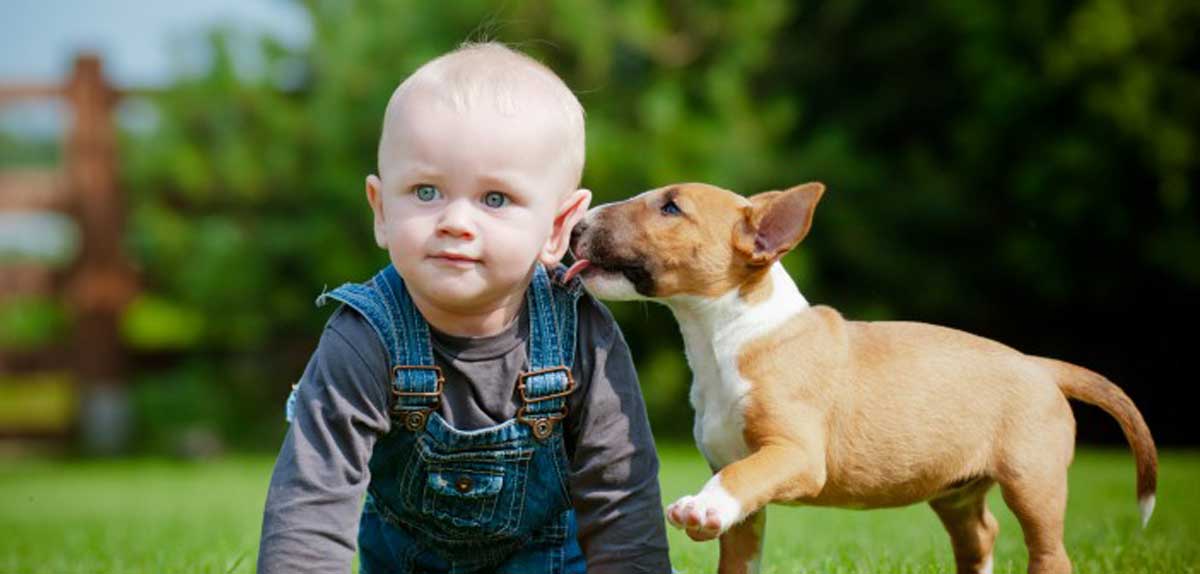Scientists know that dogs and humans are similar in anatomy and physiology, but many are reluctant to believe they share similar traits of emotion and personality. In today’s society, dogs have become regular family members. That means a dog needs to have personality characteristics that fit in well with his owner and other family members. A recent study looked at the relationship of a broad range of personality traits of owners and their dogs to see if they matched up.

Borbála Turcsána, Friederike Range, Zsófia Virányi, Ádám Miklósi and Enikö Kubinyia, published a study in the journal Applied Animal Behaviour Science, that looked at the similarity between the personalities of owners and their dogs. They used the five basic dimensions of personality that are often referred to as the “Big Five” personality traits. The “Big Five” are most commonly attributed to people to predict behaviors, but this team of researchers used the “Big Five” to look at the similarities between the personalities of owners and their dogs. The “Big Five” are neuroticism, extraversion, agreeableness, conscientiousness, and openness.
Neuroticism is a trait that characterizes a person who is anxious, sensitive and nervous rather than one who is secure and confident. Extraversion describes an individual who is excitable, sociable, and talkative rather than solitary and reserved. Agreeableness is demonstrated by a person who is kind, friendly, and compassionate rather than cold, competitive, and unkind. A person who is conscientious, thoughtful, hard-working, efficient, and organized. He is not easy-going, lazy or careless. Openness is displayed by a person who is imaginative, inventive, and curious, but does not characterize an individual who is consistent and cautious.
The large study comparing dog and owner personalities was a collaboration of researchers from the Eötvös University in Budapest, Hungary and the School of Veterinary Medicine of the University of Vienna. It involved 389 owners and 518 dogs.
Owners were first asked to complete a questionnaire which measured the “Big Five” personality traits so researchers could establish each owner’s personality type. The owners were then asked to rate the personalities of their dogs using a test developed by Samuel Gosling and collaborators at the University of Texas in Austin. This test is similar to the “Big Five” test used to evaluate the personalities of owners but was specifically designed to measure a dog’s personality.
Researchers compared the personality type of each owner established by the “Big Five” test with the personality characteristic the owner determined for their dog using the modified test. Interestingly, owners saw their dogs had similar personalities to themselves in all five of the personality traits evaluated. The strongest association was noted between the owner’s degree of neuroticism (anxiety) and that of their dog, followed by extraversion (sociability).
However, people have a tendency to see their own beliefs, attitudes, emotions and even personality traits in others. To make sure owners were not projecting their own personality traits onto their dogs, other family members were asked to rate the personality of the dog. Family members rated the dogs the same as their owners in four of the five personality traits. Owners apparently were objective and accurate when evaluating their dogs for these characteristics.
Family members and owners did not agree when evaluating openness (intelligence) in the pets.
The owners apparently projected their own intellectual abilities onto their dogs. Other research indicates that dogs have the intellectual capabilities of a three-year-old child. One wonders if the owners thought their dogs were much brighter than a three-year-old. Perhaps they thought their dogs were the intellectual equivalents of themselves.
Lance Workman, a psychologist at Bath Spa University in the United Kingdom looked deeper into the relationship of dog and owner personalities. In collaboration with the Kennel Club, he prepared an online questionnaire that measured the “Big Five” personality traits in 1,000 owners of purebred dogs.
To keep things simple, they split the dog breeds into the seven Kennel Club categories of gun dogs, hound dogs, pastoral breeds, terriers, toy breeds, utility breeds, and working breeds.
The results revealed correlations between the type of dog and the owner’s personality. People who owned pastoral (including German Shepherds and collies) or utility breeds (such as a bulldogs) are the most extroverted of any dog owners. Owners of gun dogs (like the Labrador or golden retriever) and toy dogs (like Chihuahuas) were most agreeable. Toy dog owners were also the most open and imaginative bunch. The most emotionally stable people tended to own hounds.
It is clear that dogs do have personalities and exhibit the same characteristics as humans. It also seems evident that people tend to select dogs that complement their own personality traits.

